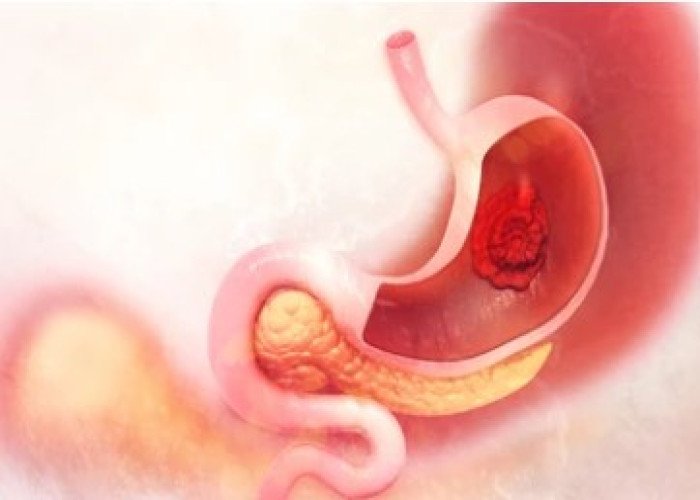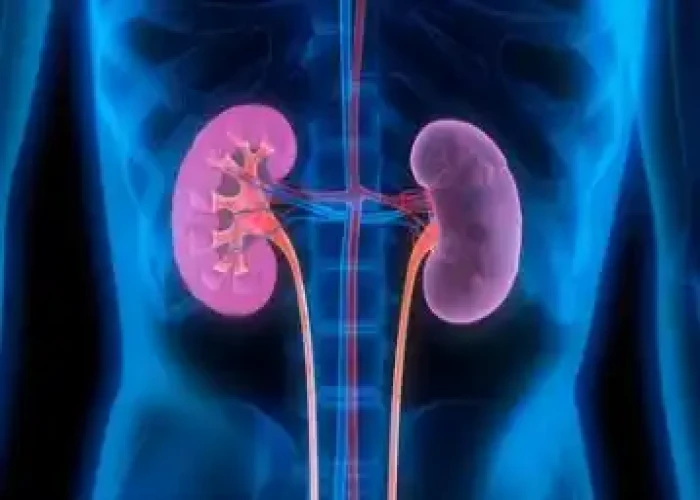 Welcome
Welcome
“May all be happy, may all be healed, may all be at peace and may no one ever suffer."
Acid reflux - Yoga remedies
Acid reflux, also known as gastroesophageal reflux disease (GERD), is a condition that occurs when the acid in the stomach flows back up into the esophagus, causing irritation and discomfort.
Common symptoms of acid reflux include heartburn, a burning sensation in the chest, regurgitation of food or sour liquid, difficulty swallowing, and a persistent cough.
Several factors can contribute to acid reflux, including obesity, pregnancy, hiatal hernia, smoking, and certain medications. Eating a large meal or lying down immediately after eating can also increase the risk of acid reflux.
Treatment for acid reflux may include lifestyle changes, such as avoiding trigger foods, losing weight, and raising the head of the bed during sleep. Over-the-counter antacids or prescription medications that reduce stomach acid production can also help manage symptoms. In severe cases, surgery may be necessary to repair a hiatal hernia or strengthen the lower esophageal sphincter.
If you are experiencing symptoms of acid reflux, it is important to speak with a healthcare professional for an accurate diagnosis and appropriate treatment plan.

Fainting and hysteria

Heart is weak

Knee swelling

Stomach ulcer

Urinary stones

Kidney failure

Sinus

Workforce reduction
Acid reflux, অম্লশূল
To be happy, beautiful, healthy, wealthy, hale and long-lived stay with DM3S.

